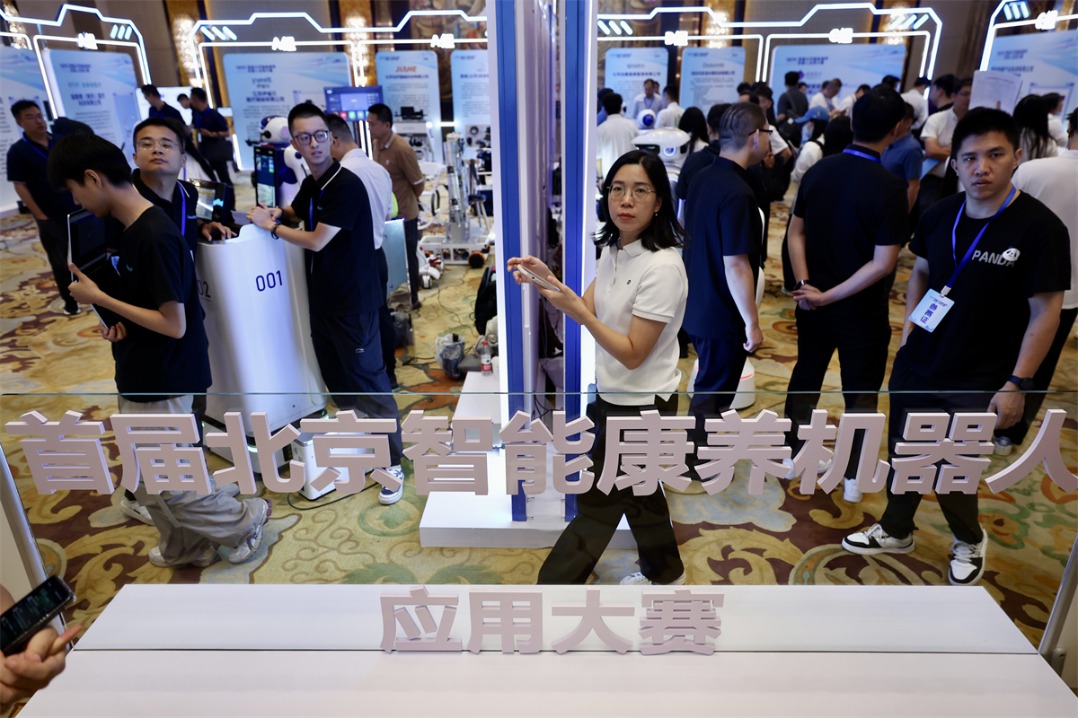Deep learning contributes to generating TCM prescriptions

BEIJING -- Chinese scientists have developed a new intelligent model for generating traditional Chinese medicine prescriptions.
TCM mainly includes herbs, acupuncture and cupping. According to a recent research paper published in the journal IEEE Access, the intelligent model, called AttentiveHerb, simulates doctors' diagnosis and prescription of herbs.
The intelligent model automatically simulates TCM principles and learns the effects of herbs on symptoms according to the clinical records of traditional herbal medicine.
In this new model, the attributes of the patients' symptoms are extracted using deep recurrent neural networks. Based on the severity of the patients' different symptoms, each herb in the prescriptions can then be dynamically selected, implementing a process of intelligent automatic diagnosis and treatment.
Experiments showed that almost 90 percent of the predicted prescriptions contain the same herbs as the medical labels generated by doctors.
Besides, AttentiveHerb can recommend herbs that do not appear in the doctors' prescriptions but are useful for relieving symptoms, said the paper.
- China's western metropolis preserves, reuses WWII shelters
- Macao employment steady in Q2: census service
- 21 cases of illegal activities related to land, natural resources reported in Q2
- Chinese researchers develop satellite-based method to quantify global landfill methane emissions
- China takes back home remains of 265 martyrs in Korean War in five years
- Ex-offshore oil corp official expelled from CPC for serious violations






































